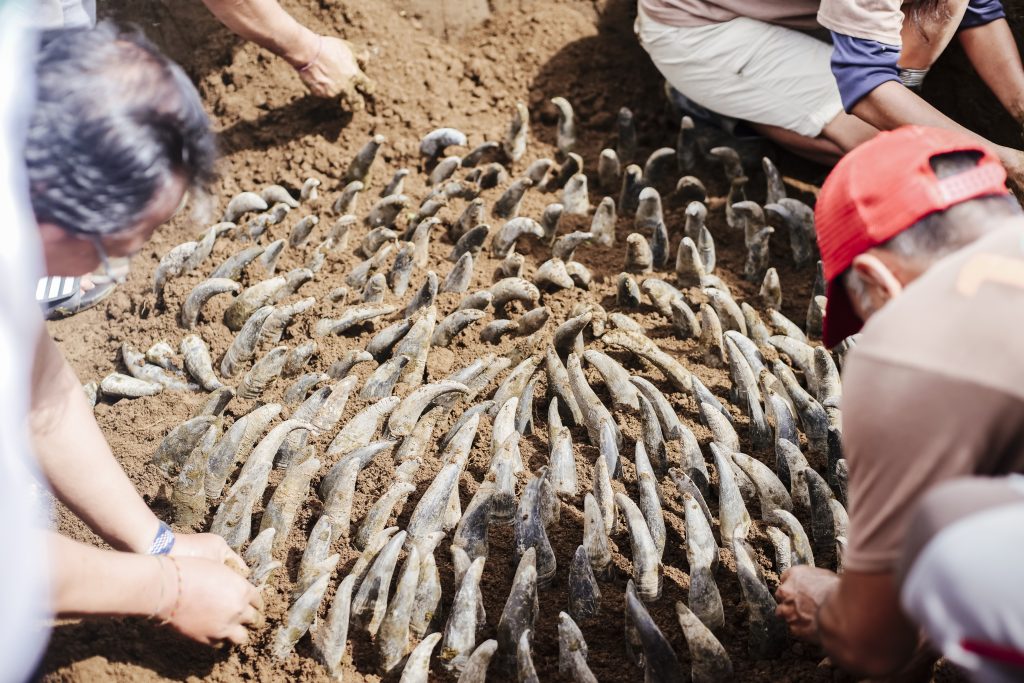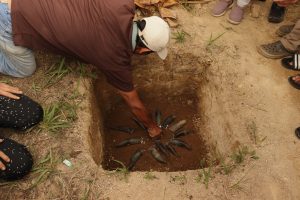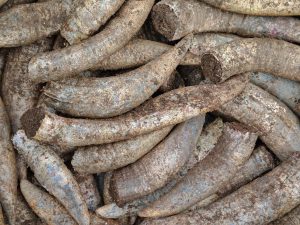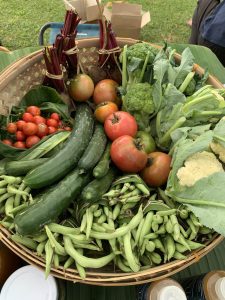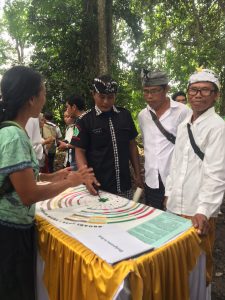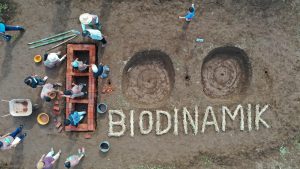Biodynamics is a holistic approach to farming and gardening that integrates principles of ecology, sustainability, and spirituality. The term was first introduced by Austrian philosopher Rudolf Steiner in the early 20th century as part of a series of lectures known as the “Agricultural Course.” Biodynamic farming emphasizes viewing agricultural land as an integrated ecosystem where all elements—soil, plants, animals, and humans—work together in harmony.
The biodynamic approach involves using compost and special preparations made from natural materials such as minerals, medicinal plants, and animal manure. These preparations are processed using specific methods and applied to the soil or plants to enhance fertility and ecosystem health. Biodynamic preparations are also used to make nutrient-rich compost, which is then applied to agricultural land to improve soil fertility.
Additionally, biodynamics uses a special calendar based on lunar and planetary cycles to determine the best times for planting, harvesting, and performing other fieldwork. This calendar is designed to enhance balance and harmony within the agricultural ecosystem.
By adopting biodynamic practices, farmers and gardeners focus not only on producing high-quality food but also on restoring and preserving the environment. Biodynamic farming offers a sustainable solution that can support the health of the Earth and future generations. This approach is gaining popularity worldwide, especially among those concerned with environmental health and sustainability.

